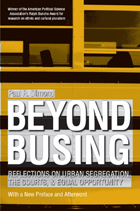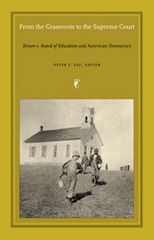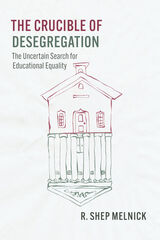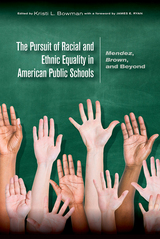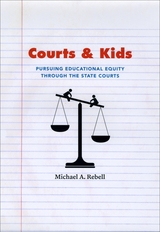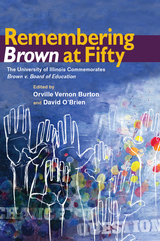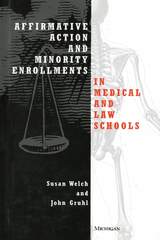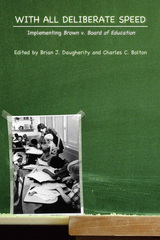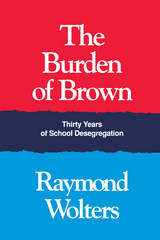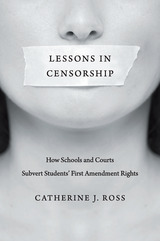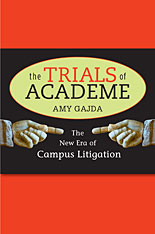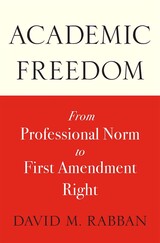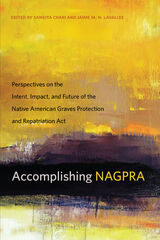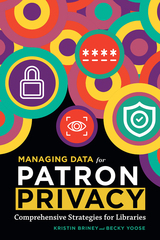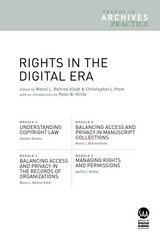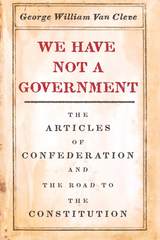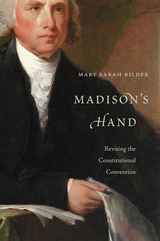Cloth: 978-0-674-48909-7
Library of Congress Classification KF4215.K45 1997
Dewey Decimal Classification 344.730791
This book weighs alternative conceptions of the equal opportunity principle through an empirical and ethical exploration of the Federal law that directs local school districts to award special educational opportunities to students who are classified as learning disabled (LD). Mark Kelman and Gillian Lester consider the degree to which students with learning disabilities (rather than merely slow learners, the socially disadvantaged, or even the gifted) are entitled to benefits that might well prove advantageous to their classmates, such as extra time to complete an exam or expensive, individually tailored educational programs.
They examine the vexing question of how we should distribute extra educational funds: should we give them to those who have fewer material resources to begin with, to those who might benefit more than others from extra resources, or should we simply strive to create greater equality of outcome? The book exposes a growing conflict between those who want to distribute scarce resources on an individual basis to children who are in need whatever the reason, and those who seek to eliminate group inequalities.
See other books on: Jumping | Kelman, Mark | Learning Disabilities | Special education | Students
See other titles from Harvard University Press

